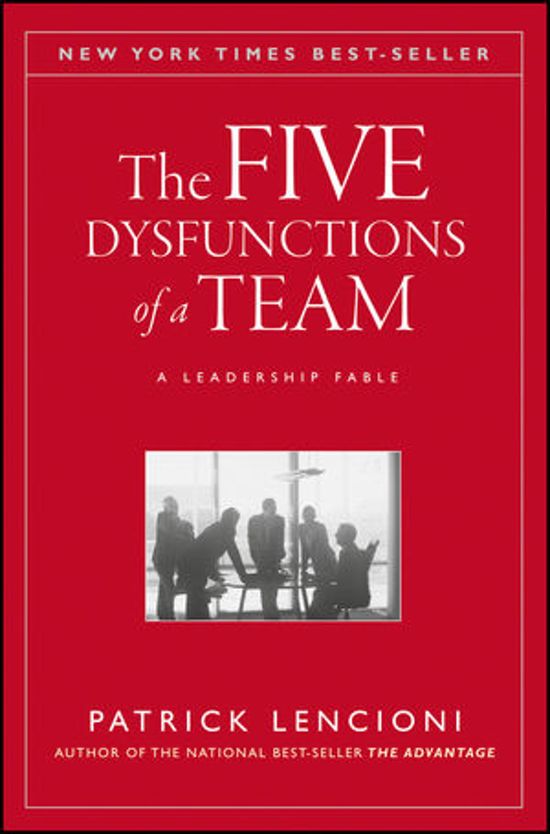I recently led a book study on Patrick Lencioni’s The Five Dysfunctions of a Team with those who are enrolled in DISTek U 101. First, let me state that I really enjoyed this book. Second, I also really enjoyed talking with the class about the book. I learned quite a bit from the book and the discussions.
The book is “a leadership fable” according to the cover. The fable was very realistic. The characters were relatable. I was continuously finding how the story was relevant to experiences within DISTek and other companies that I have worked. The story kept me engaged and I found the book easy to get through, even on a busy schedule.
I learned the five dysfunctions, but more importantly, learned how to identify them in my day to day interactions with others. (I am purposely not sharing the five dysfunctions as I want to encourage you to read the book.) It was eye opening to me how “dysfunctional” I was in some of my team relationships, especially outside of work. Trust is the foundation of teamwork. It is clear if I don’t trust others, it fosters dysfunction.
Related to trust and accountability, a statement was made in the book by the leader of the fictional team “… trust is not the same as assuming everyone is on the same page as you, and that they don’t need to be pushed. Trust is knowing that when a team member does push you, they’re doing it because they care about the team.” That provoked some interesting conversation within the group. For me, personally, I am struggling with this topic right now. How do I push someone with whom I think there is trust, but not sure…
Another learning that I captured from the book was how I need to be mindful of taking notes on my computer during meetings and how that can look to others. In the story, the chief technologist would have his laptop open during meetings checking email. I need to make sure I stay engaged in meetings taking notes and not try to multi-task, as that can be bad for team functioning.
I would definitely recommend this book. It opened my eyes to ways that teams I have been a part of have been dysfunctional, while also providing helpful ways to improve team performance. I also appreciate the added benefit of leading a discussion of this book. Hearing interpretations of others was very thought provoking. At a minimum, reading this book will cause you to contemplate the performance of the teams that you are a part of and how you can lead them towards becoming highly effective teams, which would also positively impact the success of the individuals and the organization.


